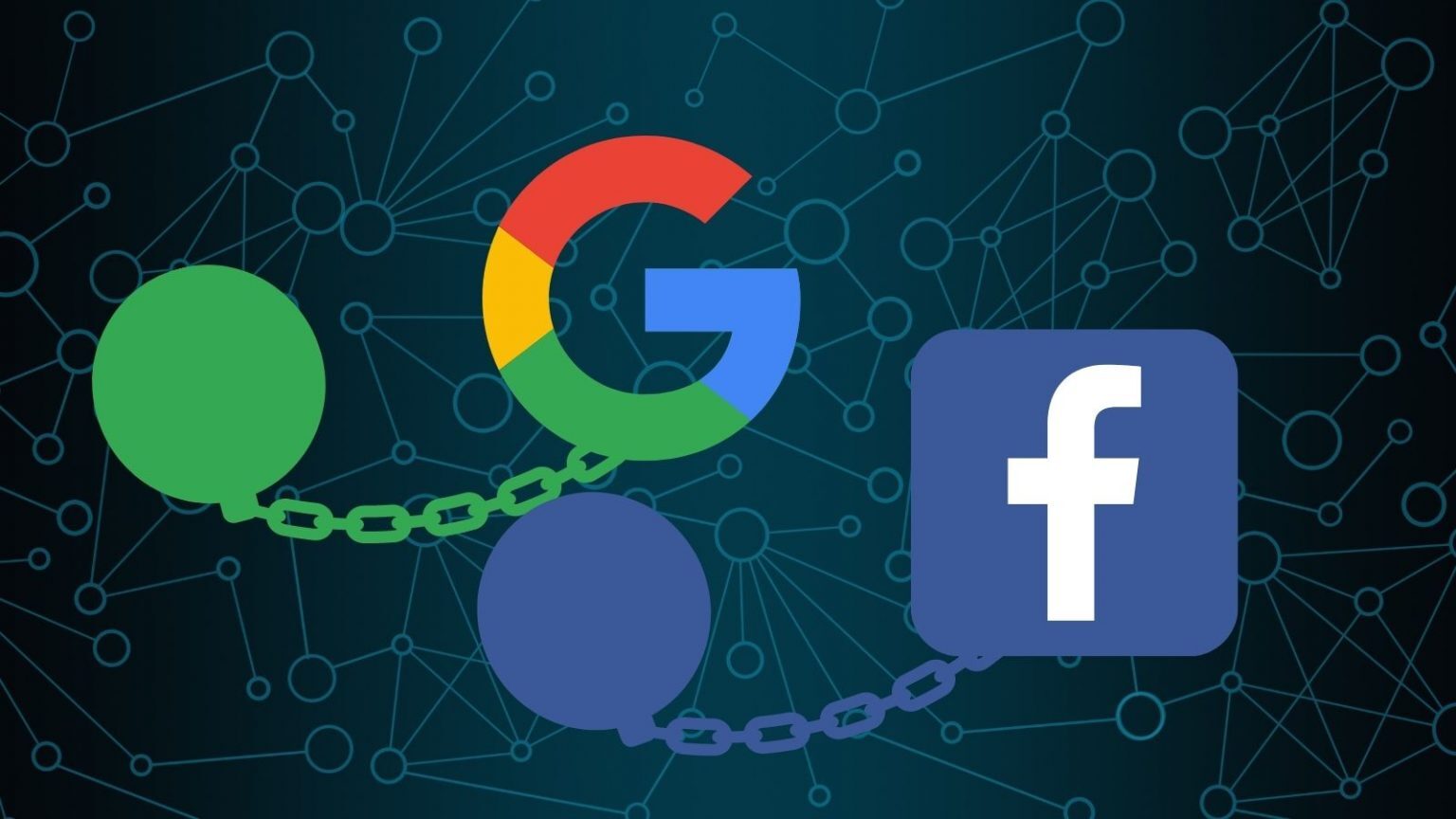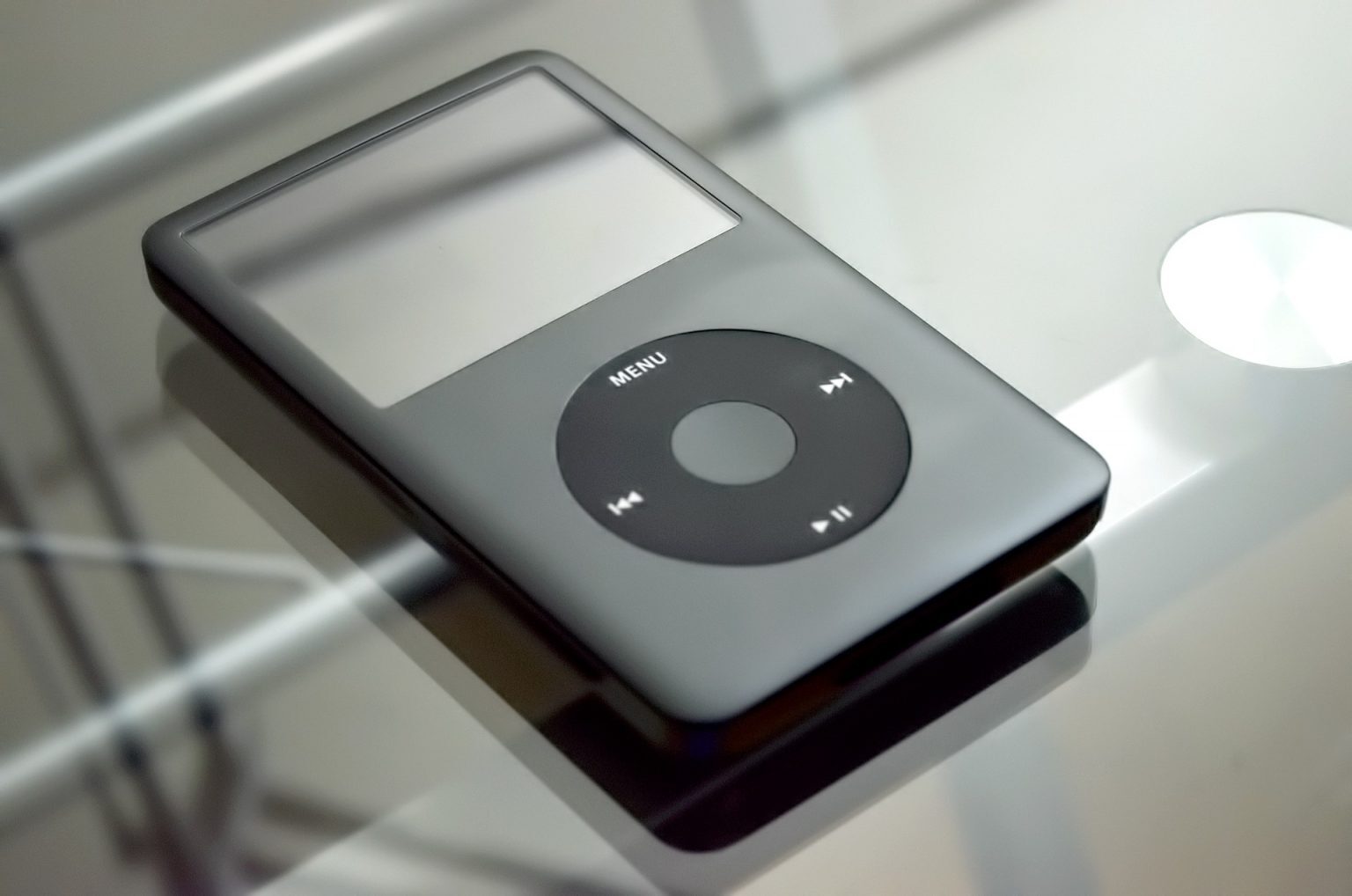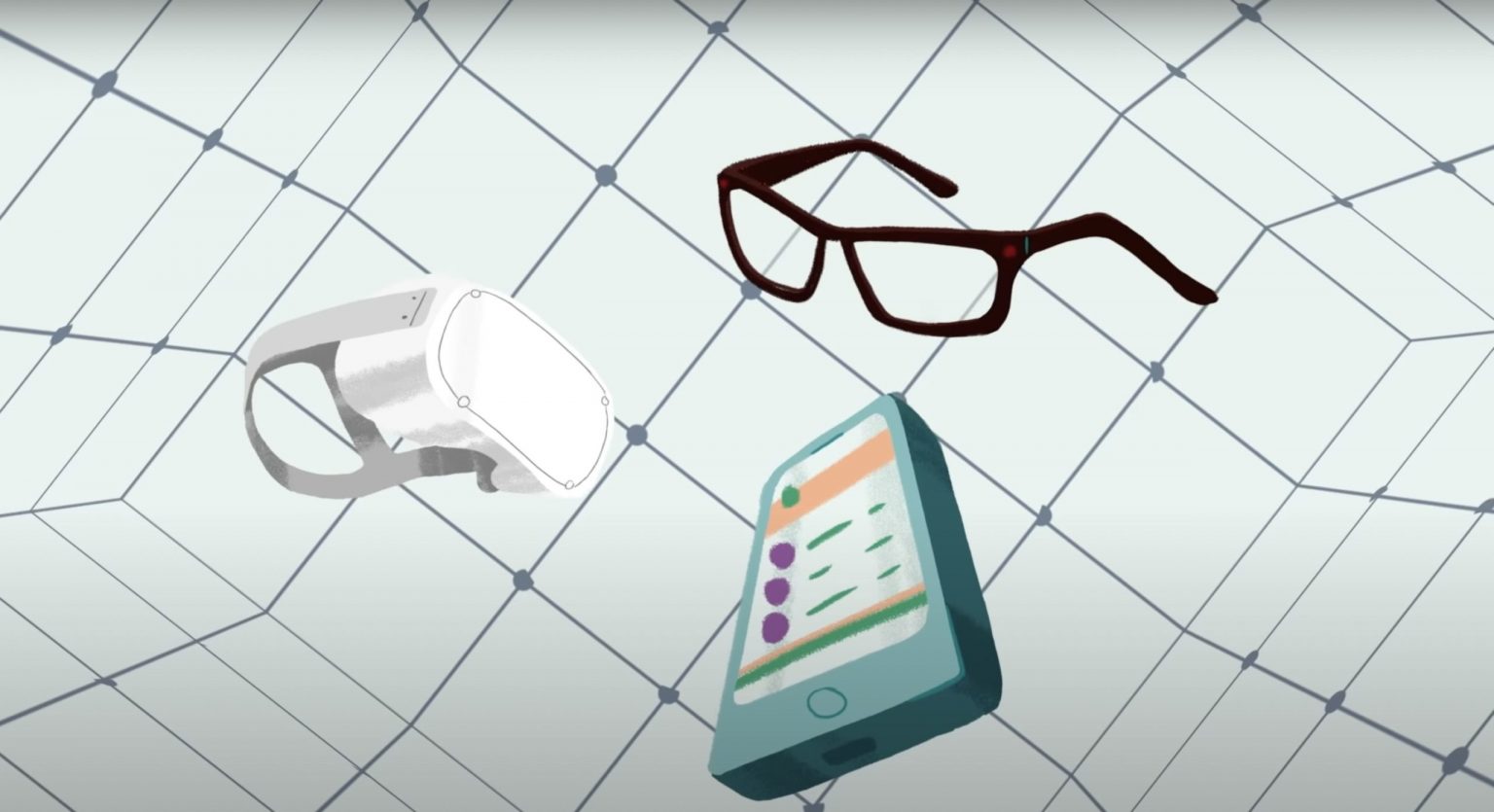Few of us who have survived the last year aren’t grateful for technology. Zoom, email, connected workplaces and solid internet connections at home have made it possible to work, shop, study and carry on our lives in a way that wouldn’t have been possible had the pandemic hit, say, 20 years earlier. But parts of big tech — the parts that track us and drive us to think dangerous and antisocial things just so we keep clicking — are doing us enormous damage. Although it might seem like we can’t have the best of both worlds — the connectivity without…
Author: The Conversation
Twenty years on from the public release of Windows XP, the popular operating system is still regarded one of Microsoft’s greatest achievements. As of August this year, Windows XP still maintained a greater market share than its successor, Windows Vista. When mainstream support for XP ended in April 2009, it was running on a huge 75% of Windows computers and about 19% of people were still using XP when extended security support finished in 2014. Microsoft provided security support in a few special cases, such as for military use, until 2019 — an incredible 18 years after the initial release. But what made XP excel? And…
Facebook chief executive Mark Zuckerberg has announced the company will change its name to Meta, saying the move reflects the fact the company is now much broader than just the social media platform (which will still be called Facebook). The rebrand follows several months of intensifying discourse by Zuckerberg and the company more broadly on the metaverse – the idea of integrating real and digital worlds ever more seamlessly, using technologies such as virtual reality (VR) and augmented reality (AR). Zuckerberg said he hoped the metaverse will be a new ecosystem that will create millions of jobs for content creators. But is this…
Facebook’s smart glasses ambitions are in the news again. The company has launched a worldwide project dubbed Ego4D to research new uses for smart glasses. In September, Facebook unveiled its Ray-Ban Stories glasses, which have two cameras and three microphones built in. The glasses capture audio and video so wearers can record their experiences and interactions. The research project aims to add augmented reality features to smart glasses using artificial intelligence technologies that could provide wearers with a wealth of information, including the ability to get answers to questions like “Where did I leave my keys?” Facebook’s vision also includes a future where the glasses…
Picture this: it’s April 2020, you’re between Zoom meetings, and scrolling through your social media newsfeed. Headlines like “Death toll continues to rise”, “COVID-19 may cause long-term health implications” and “Health-care systems overwhelmed” flash across your screen. Your mood takes a dive, but you can’t stop scrolling. If this scenario rings true for you, you’re not alone. Research shows people have a tendency to seek out information during uncertain times – it’s a natural coping mechanism. But is persistent information-seeking on social media, sometimes called doomscrolling, helpful during a pandemic, or any time? Research on the effects of bad news on mood more…
The world’s second most valuable cryptocurrency, ether, has been touching all-time highs in price ahead of a major upgrade of its underlying platform, ethereum. Ether is currently worth in aggregate just shy of US$500 billion (£363 billion). That’s still slightly less than half that of the biggest cryptocurrency, bitcoin. But could this upgrade, a vital step towards a much greener and faster version of the current system, put ethereum on the path to becoming the dominant platform on the internet and make ether number one? First of all, it’s important to understand the difference between bitcoin and ethereum. Bitcoin is a…
On October 23, 2001, Apple released the iPod — a portable media player that promised to overshadow the clunky design and low storage capacity of MP3 players introduced in the mid-1990s. The iPod boasted the ability to “hold 1,000 songs in your pocket”. Its personalised listening format revolutionised the way we consume music. And with more than 400 million units sold since its release, there’s no doubt it was a success. Yet, two decades later, the digital music landscape continues to rapidly evolve. Steve Jobs, then-chief executive of Apple, introducing the iPod in 2001. A market success The iPod expanded listening…
In September, the Wall Street Journal released the Facebook Files. Drawing on thousands of documents leaked by whistle blower and former employee Frances Haugen, the Facebook Files show that the company knows their practices harm young people, but fails to act, choosing corporate profit over public good. The Facebook Files are damning for the company, which also owns Instagram and WhatsApp. However, it isn’t the only social media company that compromises young people’s internationally protected rights and well-being by prioritizing profits. As researchers and experts on children’s rights, online privacy and equality and the online risks, harms and rewards that young people face, the news over the past…
Facebook has announced a research project that aims to push the “frontier of first-person perception”, and in the process help you remember where you left your keys. The Ego4D project provides a huge collection of first-person video and related data, plus a set of challenges for researchers to teach computers to understand the data and gather useful information from it. In September, the social media giant launched a line of “smart glasses” called Ray-Ban Stories, which carry a digital camera and other features. Much like the Google Glass project, which met mixed reviews in 2013, this one has prompted complaints of privacy invasion. The Ego4D project aims to develop…
On paper, privacy rights for citizens of countries throughout Africa are well protected. Privacy rights are written into constitutions, international human rights conventions and domestic law. But, in the first comparative review of privacy protections across Africa, the evidence is clear: governments are purposefully using laws that lack clarity. Or they ignore laws completely in order to carry out illegal digital surveillance of their citizens. What’s more, they are doing so with impunity. This matters because people’s lives are increasingly being lived online, through conversations on social media, online banking and the like. We’ve just published research on privacy protections in six African countries…










